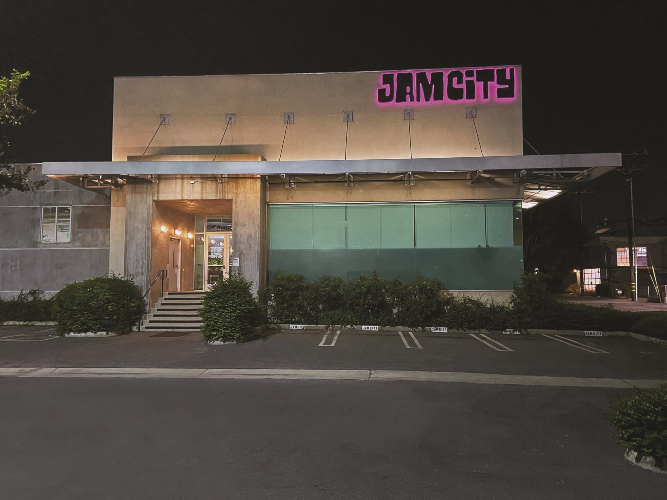Citing market volatility, the company on July 26 abandoned plans for a merger with DPCM Capital Inc., a Miami-based blank check company, in a deal that valued it at $1.2 billion.
Jam City, however, still intends to go public. A company representative said a merger with a blank check company was only one financial strategy toward reaching that goal but would not provide a timeline.
“In light of current market conditions, DPCM Capital and Jam City believe that terminating the business combination agreement is the best path forward for the parties and their respective stockholders,” the companies said in a joint statement on July 22.
Jam City, which has acquired four other gaming studios in the past two years, plans to continue its aggressive merger and acquisition strategy, the representative said. The company still plans to acquire Montreal-based mobile game publisher Ludia Inc. from FremantleMedia Canada Inc., a content production and distribution company.
Jam City had originally planned to use the funds from the merger to acquire Ludia, which was priced at $175 million. It’s unclear how that acquisition would be funded now.
“Together, we believe these transactions will advance our vision to create premium social mobile games that are an enduring part of our players’ lives,” Chris DeWolfe, Jam City chairman and chief executive, said in a May statement.
Jam City was founded in 2010 and has a portfolio of 19 casual mobile games. The company was a top 10 featured game publisher in the United States in the iOS App Store and Google Play in 2020. Its games amassed a total of more than 100 million downloads in 2020.
Jam City’s “Cookie Jam” franchise has generated more than $500 million in revenue to date, while its “Panda Pop” game has had 140 million downloads. The company has also had success with its games featuring popular entertainment brands, such as “Family Guy,” “Harry Potter” and “Frozen.”

